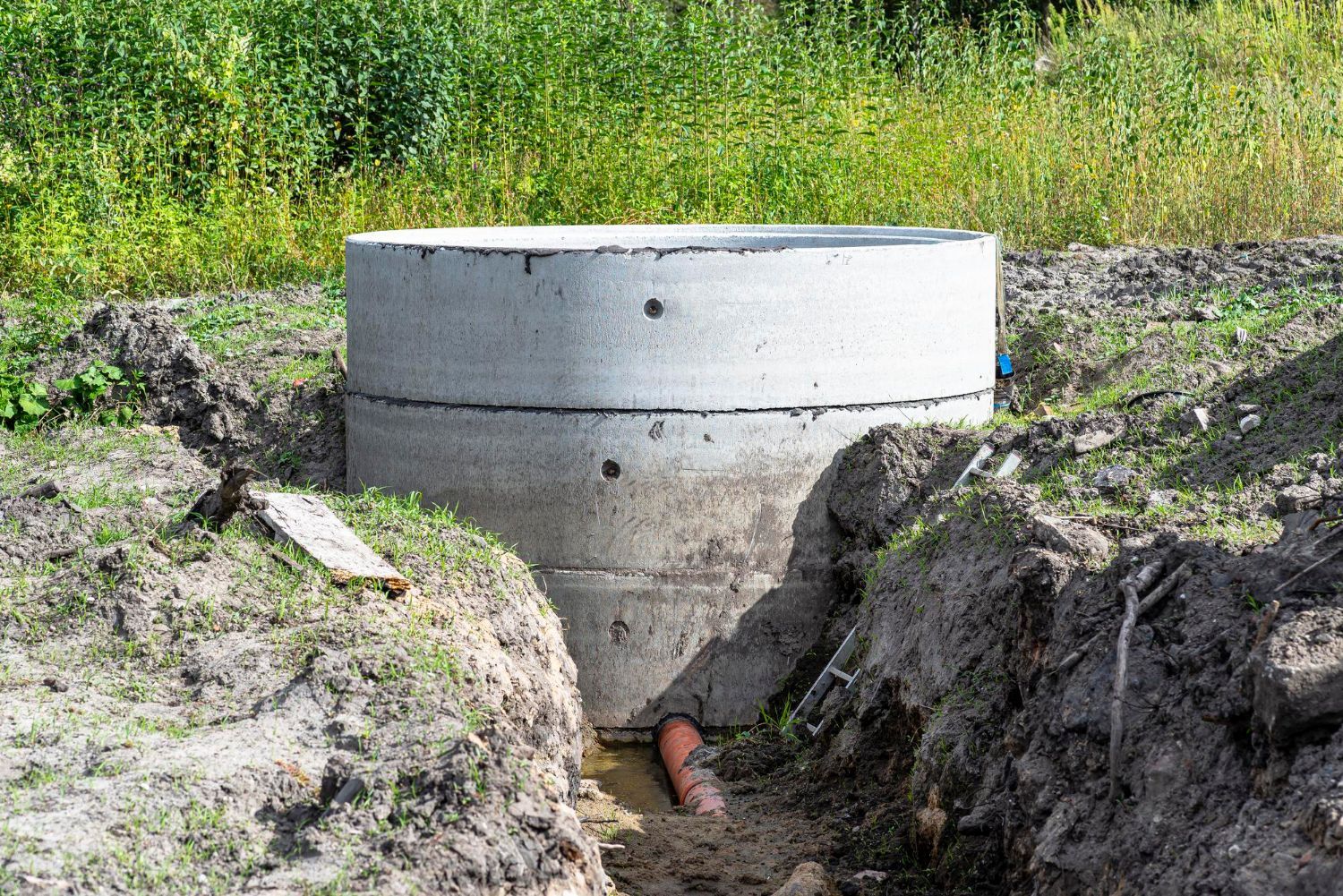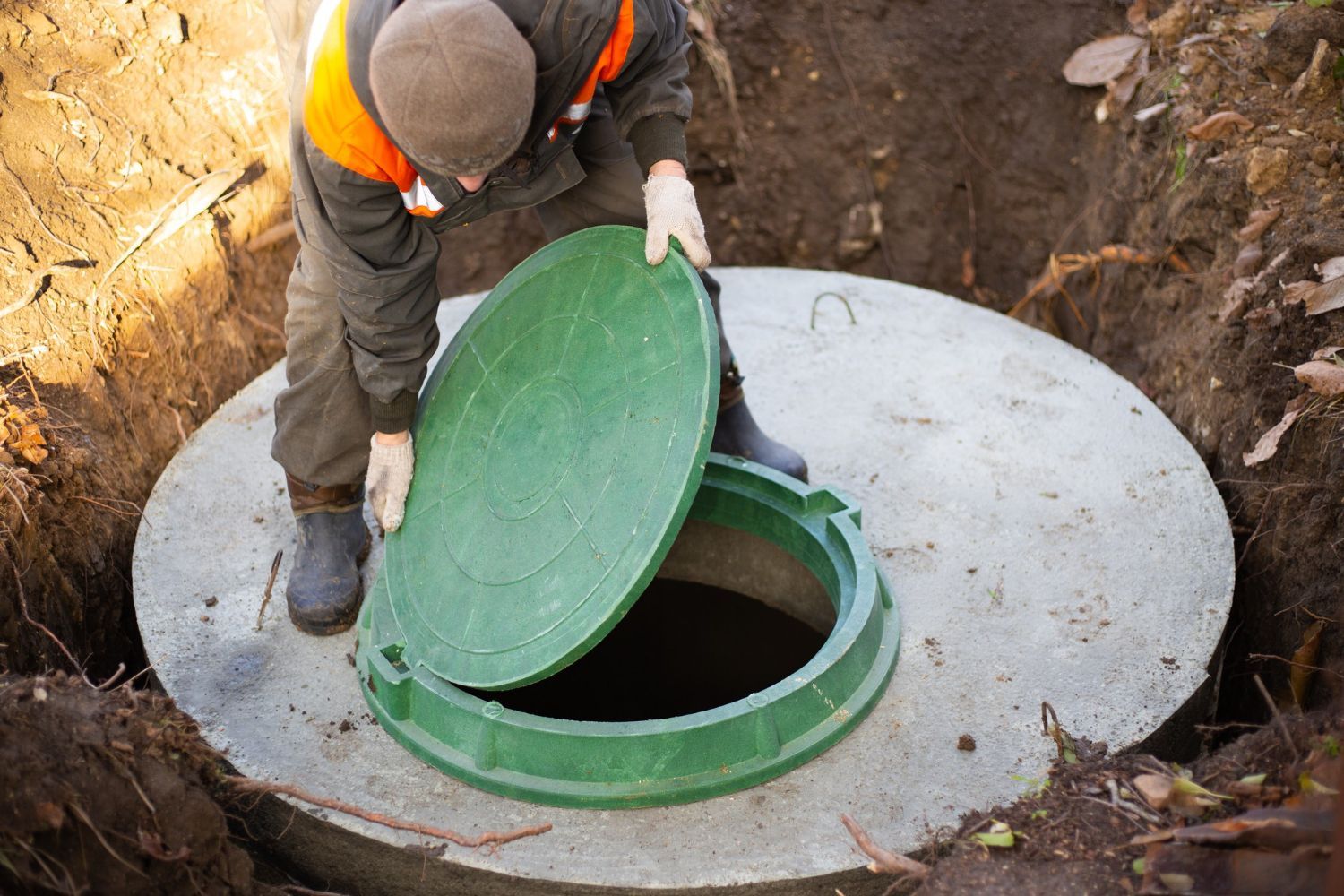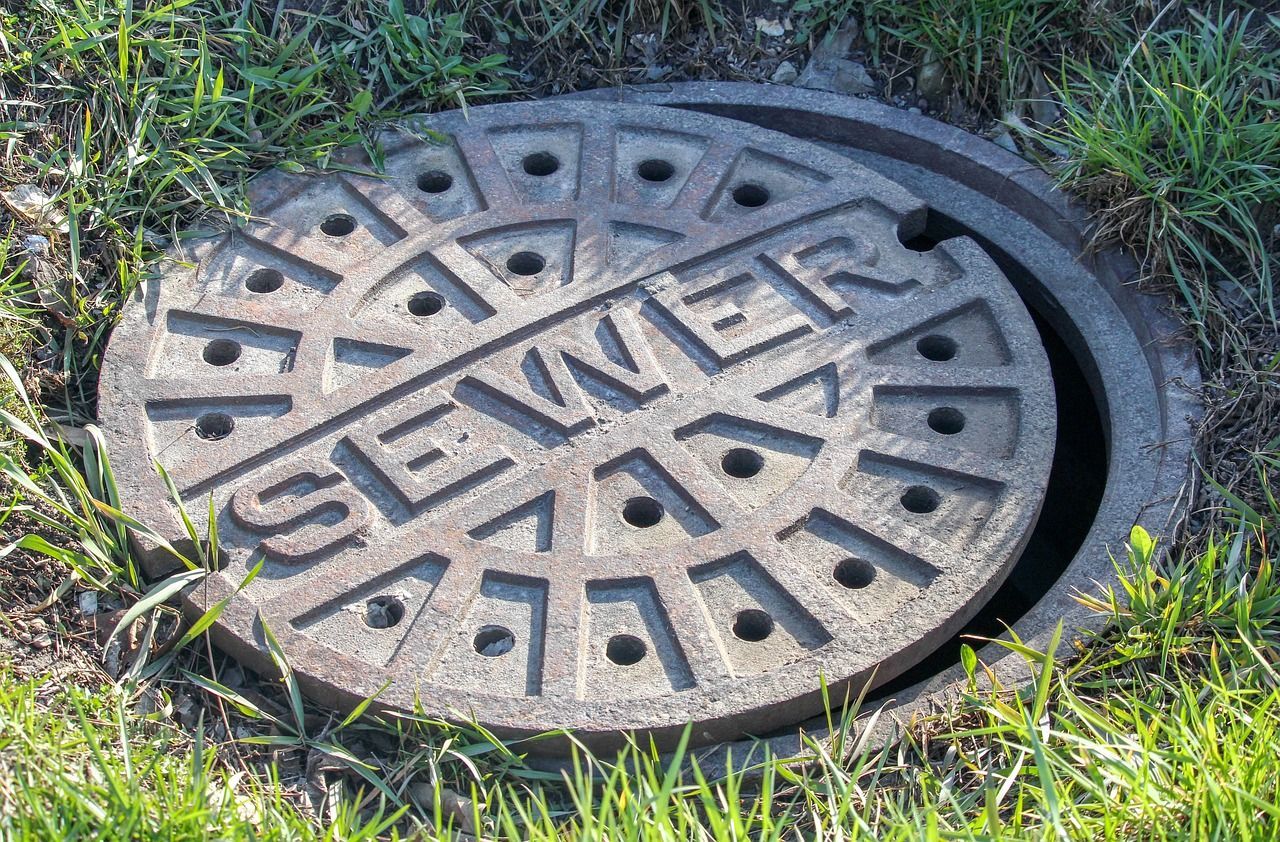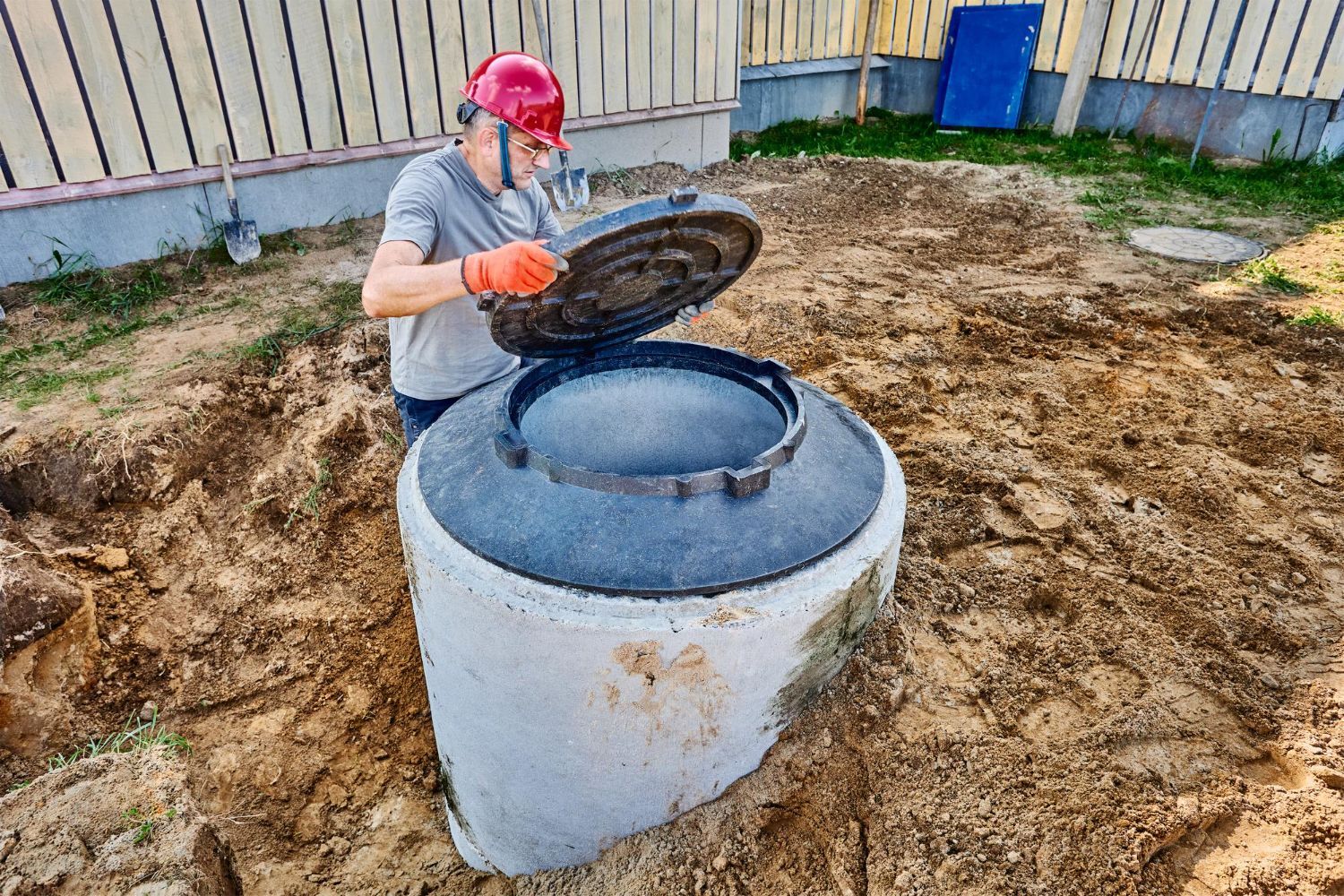How to Get Your Yard Ready for a Residential Excavation

Getting your yard ready for residential excavation can seem like a huge task, but with some simple steps, you can make sure the process goes smoothly. Whether you need excavation for plumbing repairs, installing a septic system, or building a new structure, preparation is key to keep things on track and avoid problems.
First off, you need to clear the area of any obstacles. This means moving outdoor furniture, toys, or garden decorations out of the way. Removing these items will protect them from damage and make it safer for the workers to move around.
Next, marking utility lines and structures is crucial. You don’t want to accidentally damage gas, water, or electrical lines while digging. Proper marking helps prevent this and keeps everyone safe.
Additionally, think about the noise and vibrations that come with excavation. Preparing your household and neighbors for this disruption can help ease the process. Consider how the work might affect daily life and make necessary adjustments.
Finally, plan for soil and debris removal. Excavation creates a lot of waste that needs to be managed properly. Knowing how you will handle this beforehand ensures a cleaner and more organized worksite.
By following these steps, you can ensure that your residential excavation project is set up for success.
Clear the Area of Obstacles
The first step in preparing your yard for a residential excavation is to clear the area of any obstacles. This means you'll need to move everything that could get in the way or be damaged during the process. Start with outdoor furniture like chairs, tables, and umbrellas. Move these items to a safe location where they won’t be affected by the heavy machinery and digging.
Next, look for smaller items such as garden decorations, potted plants, and children's toys. These can be easily overlooked but can cause significant distractions or damage if left in the work area. Be sure to also trim any overhanging tree branches or bushes that might interfere with the excavation equipment.
Don’t forget to clear paths and walkways leading to and from the excavation site. This will make it easier for workers to move around and haul away debris. A clear workspace is essential for maintaining safety and efficiency during the project. Taking the time to remove these obstacles will ensure a smoother and more successful excavation.
Mark Utility Lines and Structures
Marking utility lines and structures is a critical step in preparing for an excavation. Before any digging begins, it’s essential to identify and mark the locations of underground utilities such as gas, water, and electrical lines. This step helps prevent accidental damage that can lead to serious safety hazards and costly repairs.
You can start by calling 811, the national “Call Before You Dig” number, to have professionals come out and mark the utility lines for you. They will use colored flags or paint to indicate the locations of different utilities. For instance, red typically marks electric lines, yellow for gas, blue for water, and green for sewer lines.
In addition to utility lines, clearly mark any permanent structures like sheds, fences, or garden beds that are near the excavation site. Use bright tape or stakes to outline these areas to avoid any accidental damage. Also, inform the excavation team about any underground sprinklers or drainage systems in the vicinity.
By thoroughly marking these lines and structures, you can ensure that the excavation process proceeds safely and without unintended disruptions. Proper marking protects both your property and the excavation crew, making it an essential part of the preparation process.
Prepare for Noise and Vibration
When getting ready for an excavation, it’s important to prepare for the noise and vibration that come with the job. Excavation work involves heavy machinery that can be quite loud and cause vibrations. This can be disruptive to daily life, both for your household and your neighbors.
To manage this, start by informing your neighbors about the upcoming excavation. Let them know the start and end dates, and be specific about the hours when the work will take place. A little heads-up can go a long way in maintaining good relations and reducing complaints.
Inside your home, consider how the noise and vibration will affect your daily routine. If you work from home or have small children who nap during the day, you may need to adjust your schedule or make arrangements to be away when the work is most disruptive. Securing delicate items such as glassware or picture frames is also a good idea to prevent damage from vibrations.
Lastly, if you have pets, think about how they will react to the noise. Some pets may become anxious or frightened. To keep them calm, you might want to keep them in a quieter part of the house or even take them to a friend’s place during the noisiest times.
Plan for Soil and Debris Removal
Planning for soil and debris removal is a key step in ensuring your excavation project runs smoothly. Digging up the ground creates a lot of extra soil, rocks, and other debris that needs to be taken care of. Without a proper plan, all this material can quickly turn your yard into a cluttered mess.
First, decide what you want to do with the excess soil. Sometimes, the excavated soil can be reused elsewhere in your yard for gardening or landscaping projects. If you don’t need it, you’ll need to arrange for its removal.
Talk to your excavation contractor about their plans for debris removal. Often, they can handle the disposal for you, but it’s good to clarify this upfront. Make sure to ask if there are any additional costs involved and what the process entails.
Create a designated area in your yard for temporarily storing the excavated soil and debris. This keeps the rest of your yard organized and allows the workers to move around without tripping over piles of dirt. Be sure the storage area doesn’t block any important paths or access points.
Conclusion
Getting your yard ready for residential excavation requires careful planning and attention to detail. By clearing obstacles, marking utility lines, preparing for noise and vibration, and planning for soil and debris removal, you can ensure a smooth excavation process. Proper preparation not only makes the job easier for the workers but also helps protect your property and maintains good relations with your neighbors.
At Apollo Sewer & Plumbing, we are committed not just to providing reliable
residential plumbing services but also to helping you with all your excavation needs. Whether you’re preparing for plumbing repairs, septic system installation, or any other excavation project, we’ve got you covered. Contact Apollo Sewer & Plumbing today to get started on your excavation project and ensure it’s done right from start to finish.
BROWSE OUR WEBSITE
Apollo Sewer & Plumbing, Inc.is a full-service plumbing company serving residential and commercial customers throughout the greater Keyport, NJ area.
CONTACT INFORMATION
Contact Number:
732-264-3666
Location:
110 West Front
Street Keyport, NJ 07735
Email address:











